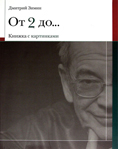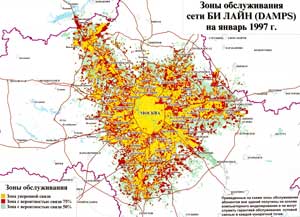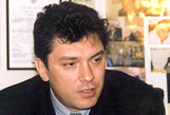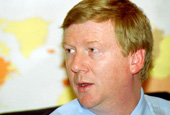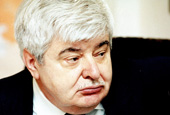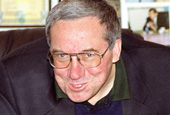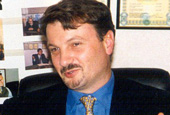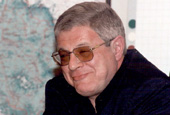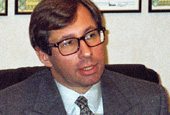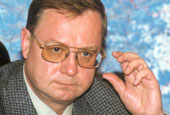This date has been framed in black for a long couple of years on my calendar.
Rosiko, which like MTS belonged to AFK System, received a DCS-1800 license for five regions of Russia, including Moscow and St. Pete. For VympelCom, it was like getting a death sentence. We were losing out in our rivalry with MTS + Rosiko at every turn. The earlier concept of “one standard – one carrier” had been abolished with no warning. While our stock exchange triumph was still fresh in our memory, we and our shareholders had been had…
You can find some documents from that period in the Appendix. [page 4]
While continuing to desperately build the 1800 network, we began the fight for a GSM-900 license – our only chance to save VympelCom.
I’m skipping two years: just their memory is unbearable.
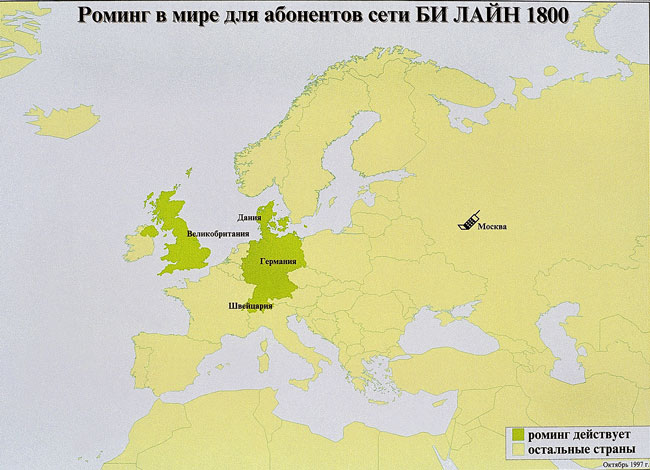
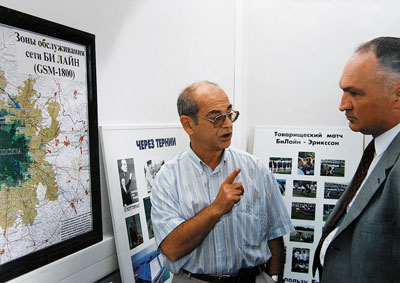
And that despite the recent decision by the Communications Ministry mandating in a given region access to the GSM-900 band by companies operating only in GSM-1800, if their competition has access to both GSM bands. If the frequencies are available…
We were conducting, in cooperation with the military, large-scale research into the state and prospects for further exploitation of the frequency band. We were demonstrating the possibility of offering a frequency to yet another carrier… And still no license.
Whole government cabinets would change, Bulgak was the head of communications no more, Kiriyenko became premier, Nemtsov now headed communications.
And finally… There still is God in heaven and justice on earth.
In the beginning of August 1998 came the decision to issue additions to our licenses, which gave us the right to provide cellular service in the double-band GSM-900/1800 network. That cost us. We were obligated to pay $30 million to the Russian Space Agency as budget payment for using the radio frequencies.
The decision was followed by a page of signatures, marked “approved.” There were autographs of big shots from the Ministry of Defense and the Goskomsviaz structures regulating the usage of the frequency resources. But the signature of the deputy president of Goskomsviaz (as Ministry of Communications was called then), N.S. Marder, and the approving signature of the deputy Head of Government, B.E. Nemtsov, were the most decisive and the most fateful.
On August 11, 1998, we were in possession of the addenda to our licenses on beautiful forgery-proof letterheads. Incidentally, as far as I know, no one had ever paid this kind of money for frequencies before – but we’re past petty concerns here.
Everyone who holds VympelCom dear!
Take out the portraits of Marder and Nemtsov and give them praise. And don’t forget Gaidar’s portrait either. If not for them, there would not be VympelCom. And if ever the temple of Bee Line is built, I will advise on the iconostasis: it will be extensive. As for sins… who is without them? The devil is strong… Therefore for some characters of our story two portraits would be in order: one for the temple iconostasis, another for the inferno hall of fame. One of each.
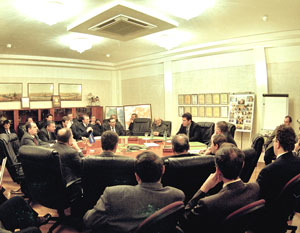
What people honored our Wednesdays by their presence and speeches, what faces!..
I’ll make only one exception: Stepashin. I think he visited us on the last day of his being Premier. Or, perhaps, on the first day after his resignation and the appointment of Putin as Premier. Our very interesting rendezvous with Stepashin lasted well past midnight. And to arrange his visit to VympelCom, I even had to go to his Premier’s dacha on the Rubliovskoye Highway. Not a bad little dacha, by the way. I remember this visit every time I pass that memorable turn on the Rubliovka.
And during our meeting with Chubais there was an interesting episode: he twice interrupted our conversation for some kind of important telephone call. Upon returning to the room, he quietly and sadly announced that negotiations with Yavlinsky led to nothing yet again…
Remembering these episodes now, I come to the understanding that they were probably directly related to the beginning of the end of the second of only two periods of relative freedom in Russia in our entire history. The first of such periods lasted for only 7 or 8 months in 1917, and the second – from 1988 to 2003. This is at least the opinion of our wizard Yasin. Others think that the end of that second period came a couple of years earlier…
And now let me get back to the dramatic days of 1998, when on August 11 we by some miracle got the rights to operate in GSM in Moscow.
Our team became consumed with building the two-frequency network in a surge of energy beyond description. There was a real chance of saving the company.
But not so quick! The devil (this time, a different one) was keeping watch.
